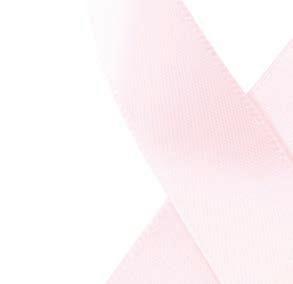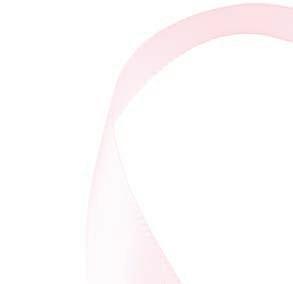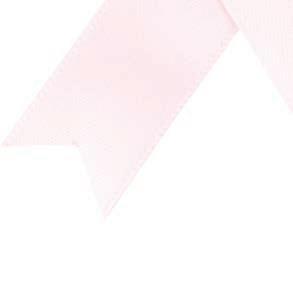
3 minute read
Inspirations

BREAST CANCER Resources

PINK RIBBONS: WITH LOCAL RESOURCES, KENTUCKY’S BREAST CANCER PATIENTS AND SURVIVORS ARE NEVER ALONE.

October was fi rst designated as Breast Cancer Awareness Month by the American Cancer Society in 1985, refl ecting the growing prevalence of the disease and a need for funding and attention to support early detection, treatment and research for a cure. Today, there are some 3.8 million women who have been diagnosed with breast cancer in the country. An estimated 3,820 women in Kentucky will be diagnosed with breast cancer this year, making it the second-most prevalent type of cancer in the state. by Peter Chawaga
But while this month is about honoring those diagnosed with breast cancer and refl ecting on their outstanding needs, it is also a time to refl ect on the many resources that have been established for patients and those who want to support them — particularly here in Kentucky.
One such resource is Susan G. Komen, the largest breast cancer organization in the U.S., which operates regional initiatives.
“Breast cancer not only impacts the person going through it, but also everyone in their circle, as they tend to be the moms and primary caregivers in the family,” Sean Tuffnell, the director of communications for Susan G. Komen, told Tops. “Thanks to our supporters, we’re able to be there for people going through breast cancer through every step of their journey, from screening to survivorship. We help with access to screening, connect people to patient navigators, and provide fi nancial assistance to help so that no one has to choose between taking care of their family and getting the care they need.” The group typically hosts a Kentucky More Than Pink Walk every year, but due to COVID-19 concerns, this year’s edition will be held virtually on October 30. Kentuckians and those around the country can contact the Komen Breast Care Helpline (1-877-GO-KOMEN) to speak with a trained oncology social worker and fi nd additional local resources.
And while Susan G. Komen makes a notable impact around the country and in Kentucky — helping 760 people in the state every week fi nd additional information, by its own estimation — Tuffnell stressed that the COVID-19 pandemic is making this year’s Breast Cancer Awareness Month more critical than ever.
“About 44,000 women and men are expected to die this year alone from breast cancer,” Tuffnell said. “As tragic as that is, the annual number is likely to go up in a few short years due to the disruptions in screening and treatment that have occured due to the COVID-19 pandemic.” Dr. Emily Marcinkowski, a surgical oncologist with the UK Markey Cancer Center, echoed this concern about the recent reduction in breast cancer screenings. “This year in October, we want to remind women that screening saves lives,” she said. “Screening mammography is the best way to detect breast cancer early. Especially now, we must let women know that it is safe to come and have a screening mammogram as it is the best defense we have against cancer.” In addition to such screenings, the Markey Center offers Kentuckians a breast center that emphasizes comprehensive and tailored care for diagnosed patients. It has an oncofertility program to preserve future fertility before treatment; supportive services like psych-oncology, nutritional counseling and integrative medicine; and access to surgical techniques that hide scars and reconstruct breasts.
Oct. 18 IS NATIONAL MAMMOGRAPHY DAY!
If you’ve been putting off having a mammogram, this is your sign to make an appointment. Regular screenings can increase your chances of surviving by 97%.









